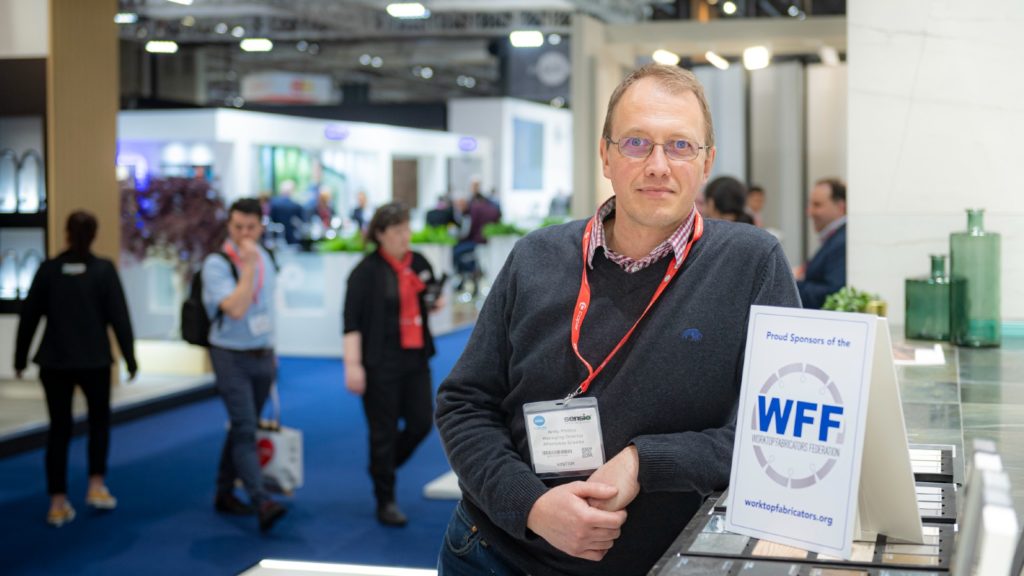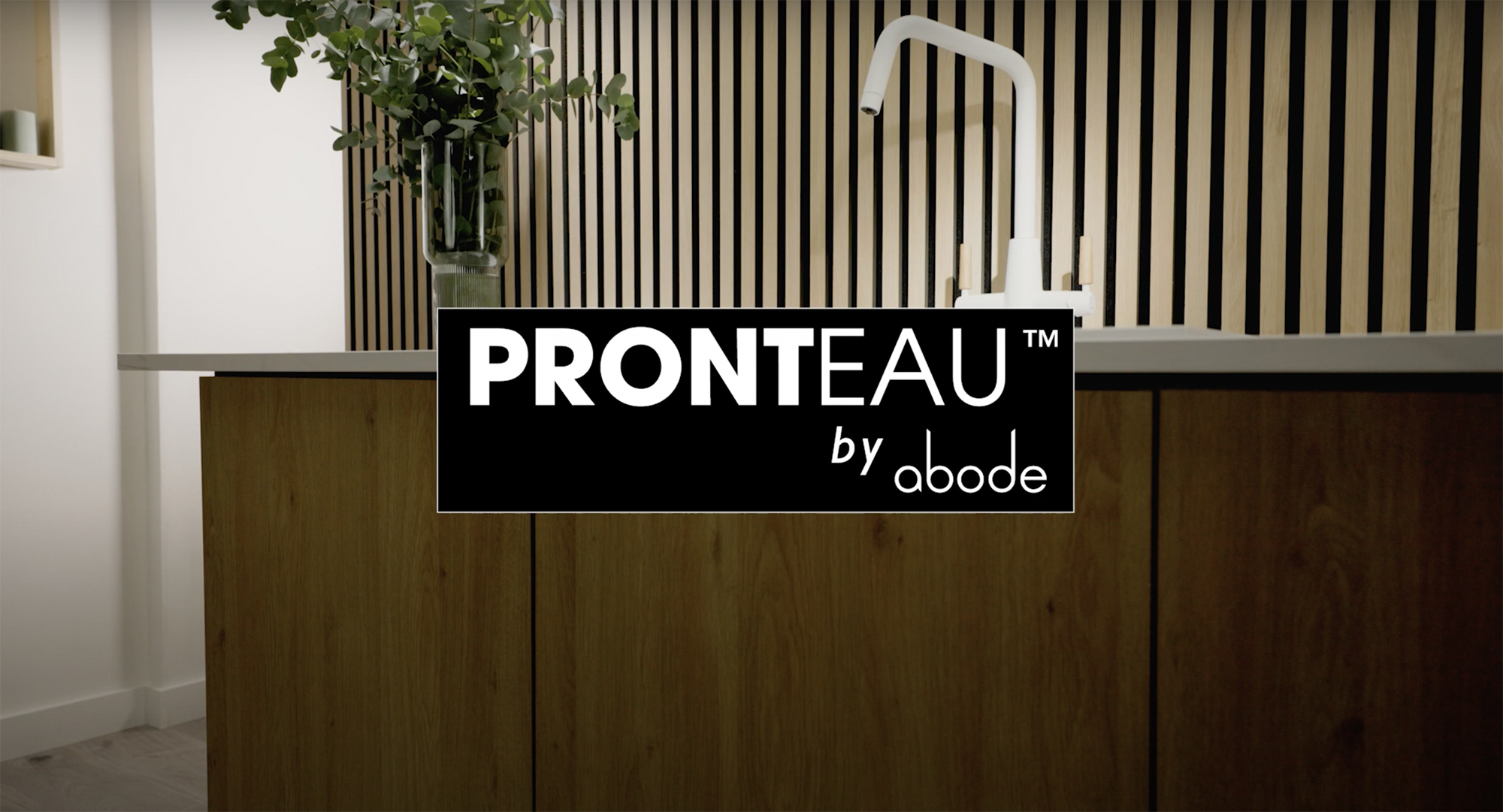With quartz worktops banned in Australia amid potential health concerns, what do UK KBB retailers need to know? One of the founders of Worktop Fabricators Federation and owner of Affordable Granite in Surrey Andy Phillips answers our questions – including whether there should be an outright ban.

Q: What’s the danger to kitchen retailers, their staff and customers?
A: NONE: There is no health risk in handling, shipping, installing or using engineered stone worktops.
Sponsored Video
Fine particles of respirable silica dust are created only during the cutting and polishing processes at the manufacturing stage.
They are therefore purely to do with factory management in the fabrication process.
Q: Is the Health & Safety Executive (HSE) aware?
VERY AWARE: Respirable dust in general has always been a high priority for factory inspections, and the HSE understands the additional risks to health associated with breathing microscopic particles of carcinogenic silica dust.
Current HSE guidance for factory owners and enforcement teams reads: “Products containing silica can be processed safely when proper controls are put in place.
“We would urge all manufacturers and fitters to ensure that they use suitable controls to protect their workers and themselves from inhaling silica dust.”
Q: So who is at risk?
NON-PROFESSIONALS: Professional worktop fabricators cut stone in factory environments, on specialist machinery, with water-suppression to capture dust at the cutting blade.
The biggest risk to workers’ (and customers’) safety in the UK comes from the dust created by builders or joiners buying stone blanks from distributors and dry-cutting in customers’ gardens with an angle-grinder or modified joinery tools.
Q: Why not just ban quartz?
A: NO NEED: THE CUSTOMER DECIDES. Fabricators only cut the materials their customers ask for.
If everyone stopped buying quartz tomorrow, the market for quartz worktops would vanish overnight.
But that doesn’t mean workers would no longer be at risk: silica is also present in granite, natural quartzite and other stone and ceramic worktop materials.
People buy quartz worktops because they have all the aesthetic properties of natural stone, but with all the consistency of a factory-engineered product.
Q: What is the WFF doing about this?
A: CHAMPIONING BEST PRACTICE: The WFF was originally established to share best-practice, keep our workers as safe as possible and keep our processes as clean as possible.
WFF is recognised as the voice of professional fabricators alongside trade unions and other stone and glass industry bodies in the HSE’s ‘Charge’ advisory group.
WFF is working in consultation with the major suppliers of quartz, all of whom are already moving towards formulations with a lower quartz content.
Q: What can I do to reassure my customers?
A: BUY FROM REPUTABLE FABRICATORS: WFF Members all operate automated cutting tools using state of the art dust suppression, undertake regular health audits of their workers and hold detailed data sheets to prove the provenance of the materials they supply.
A professional supplier will be happy to help you with any detailed questions about individual materials, and help you choose alternatives to satisfy a particular specification or performance requirement.
Prior to the ban, home retail giant IKEA stopped selling quartz worktops in Australia but will not be rolling out these plans globally.



